Maria Sharapova could return from ban stronger than ever if Viktor Troicki and Marin Cilic are anything to go by
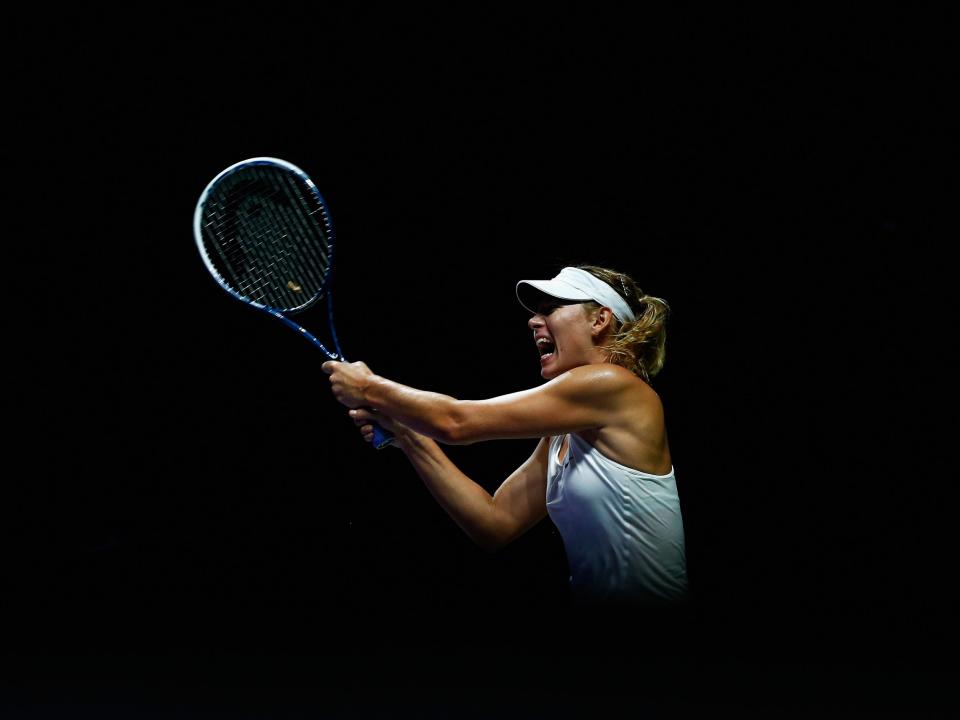
If comparisons with other players who have been banned for drugs offences are anything to go by, Maria Sharapova could return stronger than ever in the wake of her 15-month suspension.
Sharapova makes her controversial comeback here at the Porsche Tennis Grand Prix, having been allowed to play despite her ban expiring only at midnight on Tuesday. The tournament started on Monday, but organisers have scheduled her first match, against Italy’s Roberta Vinci, for Wednesday.
Viktor Troicki and Marin Cilic returned to competition in recent years after serving 12-month and four-month bans respectively. Both agree that they came back stronger, physically as well as mentally.
Troicki won two of his three career titles after his suspension, which was imposed by the International Tennis Federation in 2013 after he failed to provide a blood sample for a drugs test. Troicki maintained that the doctor conducting the test gave him permission to delay giving the blood. His initial 18-month ban was reduced on appeal by the Court of Arbitration for Sport.
“I think it gave me more desire to come back stronger and it helped me in a way,” Troicki said. “Physically I was never better. I worked so hard, I had so much time to prepare. I just felt I needed to do more. I thought: ‘Maybe it’s not enough, let’s do more, run more, do extra gym, train more on the court.’ I think the work paid off. I think I was never in better shape.”
He added: “It’s hard to miss the thing you love. I grew up playing this game. I've been playing since I was a kid and I always dreamed of becoming a professional tennis player. I loved it so much. Once you stop playing and you don’t have it any more, then you feel how much you miss it.”
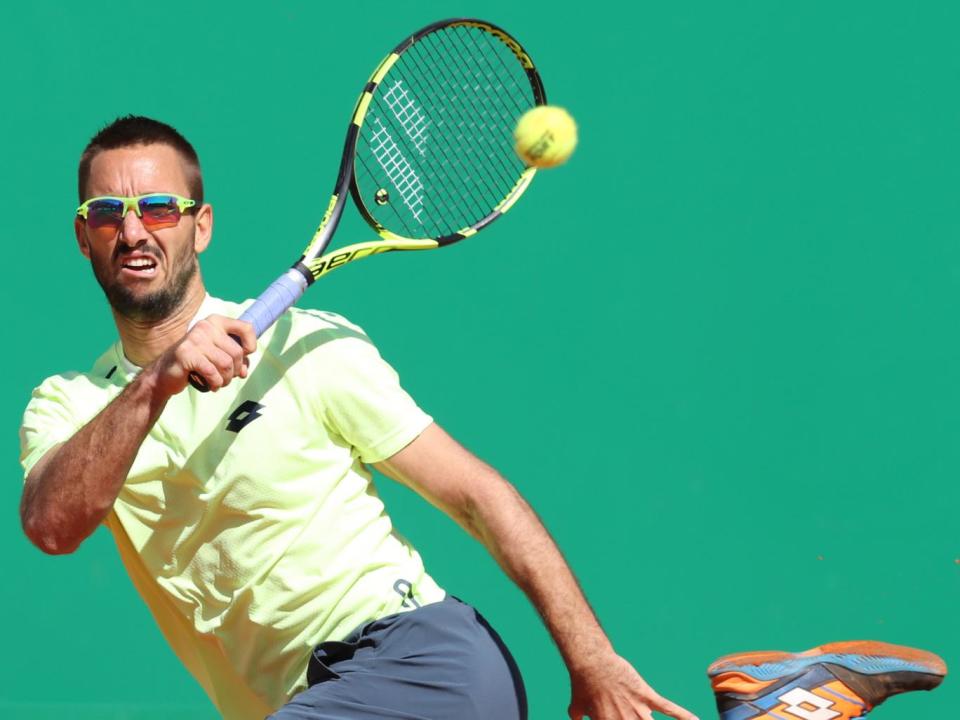
Cilic won the US Open in 2014, a year after he was suspended for nine months by the ITF after inadvertently ingesting a banned stimulant when taking glucose tablets. His ban was reduced to four months following an appeal to CAS.
The current world No 8 continued to work hard during his suspension. “I love to practise,” Cilic said. “That made me stronger. Maybe in the first few weeks I didn’t play tennis but I was doing the physical work. If I had been cleared to play after just one or two months I would have been ready within a week to play tournaments.
“I think mentally it made me stronger. I learned a life lesson. I realised how much I loved tennis and how much I missed it. Then when I was back playing I was like a little kid. I wanted to play all day.”
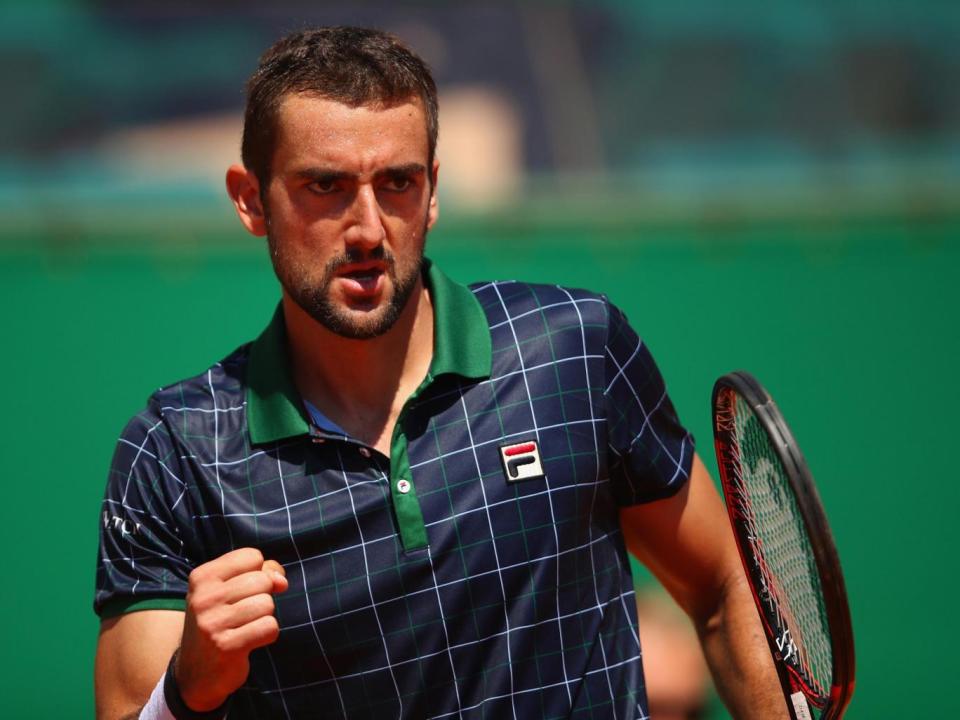
Sharapova has done plenty outside of tennis during her ban – including enrolling on courses at Harvard Business School and doing an internship at a London advertising agency - but in recent weeks the 30-year-old Russian has been working hard on her fitness and her game.
Max Eisenbud, her agent, told CNN earlier this month that she had been struggling with injuries at the start of last year but was now fully fit. He said she was so motivated that she wanted to extend her career at least until the 2020 Olympics.
Sharapova was initially banned for two years by the ITF after testing positive for meldonium at last year’s Australian Open. CAS cut the suspension to 15 months, ruling that the Russian had not been an “intentional doper”. Sharapova was unaware that meldonium - which she said she had been taking as a prescribed drug for 10 years because of a number of medical conditions including a family history of diabetes - had been added to the banned list of substances.
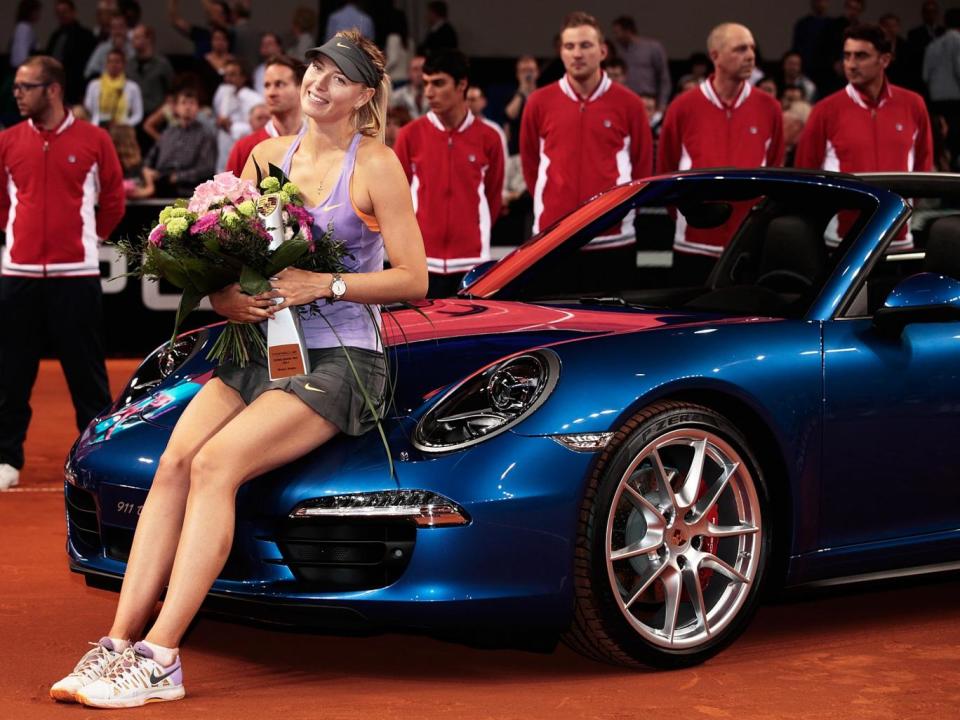
Cilic, having fought his own battles with the ITF, has sympathy with Sharapova. “The ITF should be the ones protecting the players, teaching them and maybe having even more lectures for the players and the tournaments and making the players much more aware,” he said. “People do make mistakes. Then [the ITF say]: ‘We’re going to try to do everything in our power to sack you the worst we can.’ Coming from the ‘house’ organisation of tennis, it’s not nice.”
Troicki has similar feelings. “I was extremely frustrated and extremely disappointed with the system and with how the ITF do things, which is completely unfair,” he said. “There are people there who should have been sacked and who shouldn’t do the job that they do. But at the end of the day you can’t do anything about it.”
Sharapova has been given wild cards here and at the upcoming tournaments in Madrid and Rome. As she no longer has a world ranking because of her suspension, that was the only way she could play in such high-profile events.
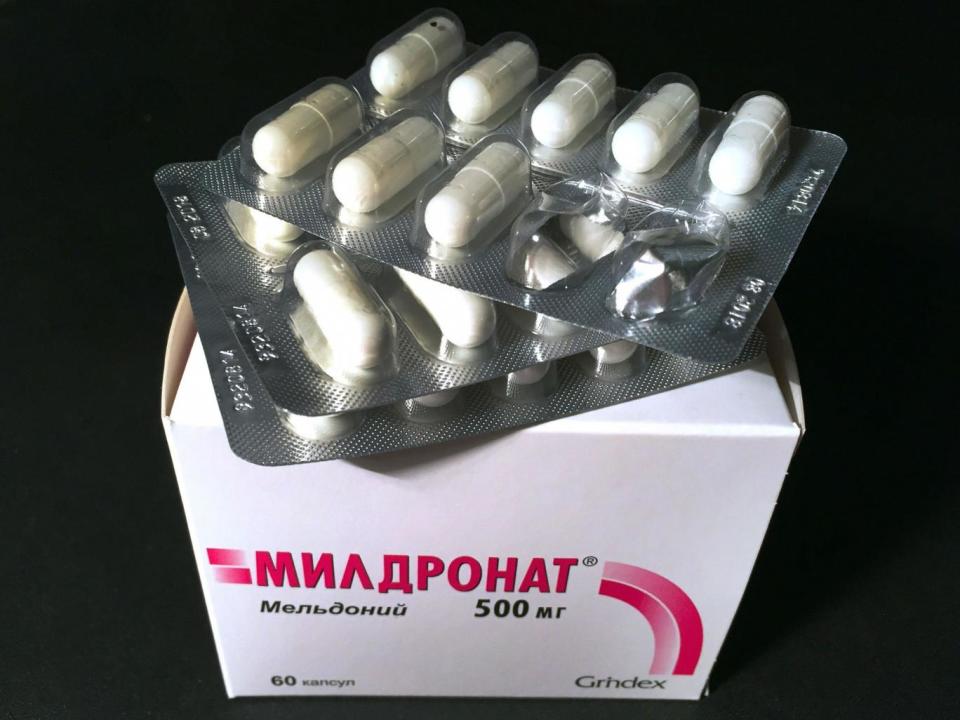
Vinci is one of a notable group of players who do not believe Sharapova should have been given wild cards. “There are probably a lot of players who agree with me,” she said.
However, Cilic thinks the wild cards are justified. “She has done her suspension,” he said. “She did 15 months, which is a long time without playing tennis, especially with her own status, with what she achieved in her career. I think in every sense it’s right that she is able to get those [wild cards].”
Sharapova arrived here at the end of last week and has been practising at a club in the city suburbs. Players serving suspensions for drugs offences are not allowed on tournament premises.
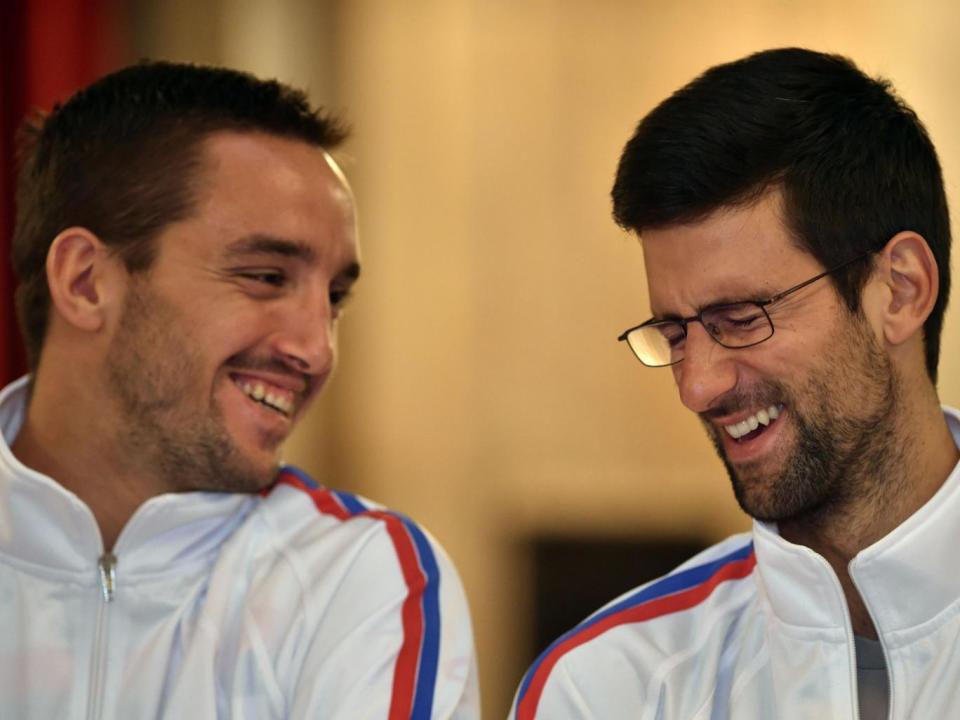
Troicki, currently the world No 39, was in the same situation but was especially grateful to Novak Djokovic, who went out of his way to help his fellow Serb. Djokovic practised with Troicki both before tournaments and at off-site venues during them.
Although Troicki was given a wild card at his first comeback tournament in Gstaad, where he beat Dominic Thiem and reached the quarter-finals, for the most part he had to fight his way back up the rankings the hard way.
“It was a big help having that wild card,” he said. “I started believing in myself from the next tournament. I was playing smaller tournaments, Challengers, getting my ranking up. That good start gave me wings to start playing, to start to believe and play even better. I guess it was lucky at the start. Who knows if I had started badly?”
Sharapova, meanwhile, having always protested her innocence, might be fired by the same sense of injustice that drove Troicki. “I stayed strong, positive and I think those bad things made me better and stronger in my head,” he said.
“It was always this fight in my head, knowing the truth. When you know the truth you want to show everyone that you were right and prove that what they did was wrong. That was pushing me to play even better and to go even harder.”

 Yahoo Sports
Yahoo Sports 